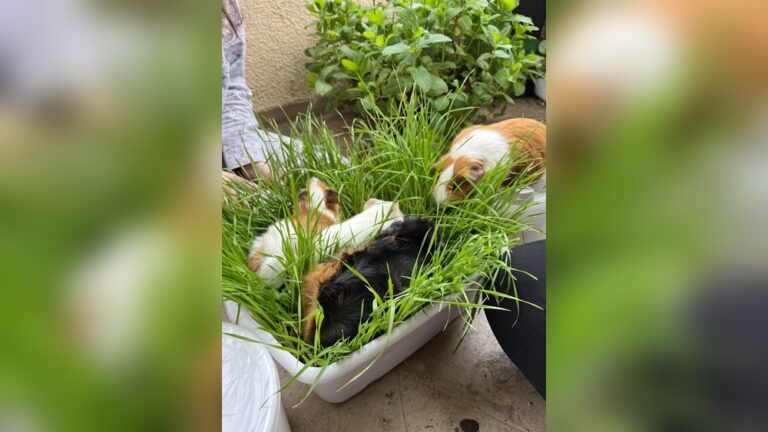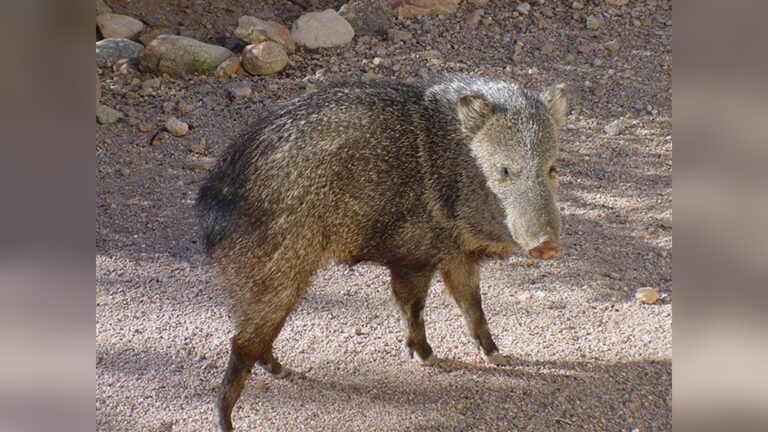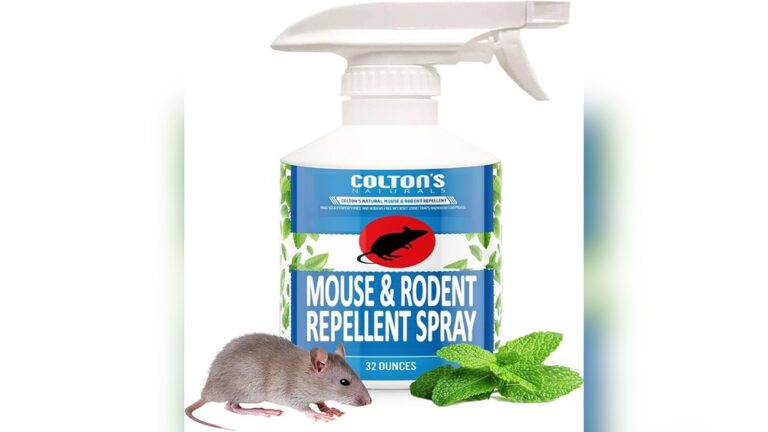Keep Rodents Out Of Your Car: Effective Tips to Prevent Damage
Are you worried about rodents making a home inside your car? You’re not alone.
These tiny invaders can cause big problems, from chewed wires to unpleasant smells. But the good news is, you don’t have to let them take over. You’ll discover simple, effective ways to keep rodents out of your car for good.
Keep reading, and protect your vehicle before it’s too late.
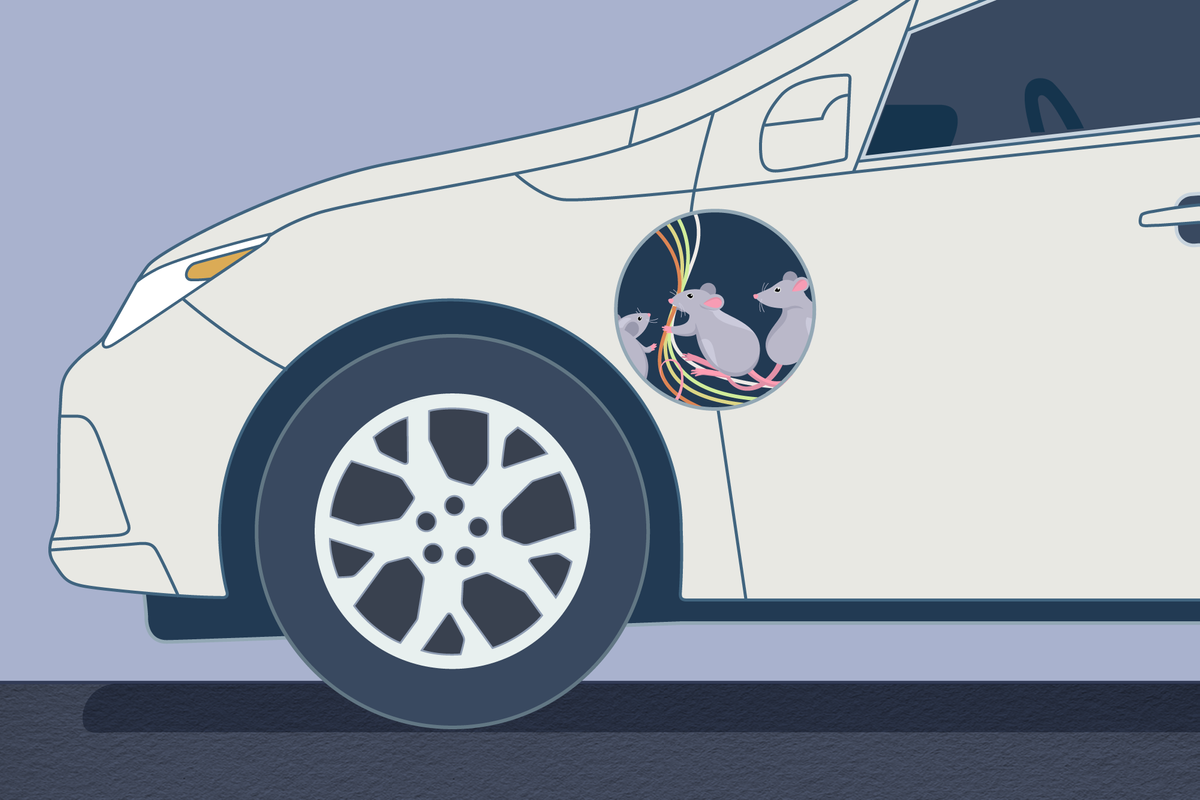
Credit: www.cars.com
Why Rodents Target Cars
Rodents often target cars because they provide shelter and food sources. They look for warm places to nest, especially during cold months. Car engines and interiors offer cozy hiding spots. Wires and insulation attract rodents for nesting material and chewing. Understanding why rodents choose cars helps prevent damage and costly repairs.
Common Attractants In Vehicles
Food crumbs left inside the car attract rodents. Trash or wrappers in the car invite pests. Engine compartments store warmth, drawing rodents in cold weather. Rodents chew on wiring and hoses for nesting material. Stored items like bags or boxes can hide food scents. These attractants make cars easy targets for rodents.
Seasons With Higher Rodent Activity
Rodents are more active during fall and winter. Cold weather pushes them to seek warm shelters. Spring brings more rodent movement as they look for food. Summer has less rodent activity inside cars. Knowing seasonal patterns helps protect vehicles at the right time.
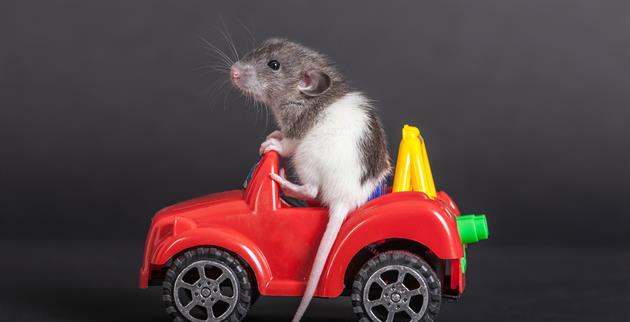
Credit: www.preferredmutual.com
Signs Of Rodent Infestation
Rodents can cause serious damage to your car. Early signs of their presence can save you costly repairs. Watch for clear clues that suggest rodents have made your vehicle their home.
Visual Clues Under The Hood
Check under the hood for nests made of leaves or paper. Look for chewed wires or plastic parts. Rodents like to chew on car components. Small droppings near the engine are a strong sign of infestation. Grease marks or footprints on the battery or engine parts show rodent activity. These signs mean rodents are living under your hood.
Unusual Noises And Smells
Listen for scratching or scampering sounds in the engine area. These noises often happen when rodents move around. A strong, musty odor can also signal a problem. This smell comes from rodent urine or nesting materials. Unpleasant smells inside the car may mean rodents are hiding nearby. Pay attention to strange sounds and odors to catch infestations early.
Preventive Measures
Preventive measures help stop rodents from entering your car. Taking simple steps reduces the risk of damage and health issues. These habits keep your vehicle safe and clean. Follow these tips to protect your car from unwanted guests.
Regular Cleaning And Maintenance
Clean your car inside and out often. Remove food crumbs and trash promptly. Rodents are attracted to leftover food smells. Check under the hood and seats for nests. Fix any holes or gaps where rodents can enter. Keep the engine area dry and clean. Regular maintenance prevents rodent hiding spots.
Proper Parking Habits
Park your car in a garage or well-lit area. Avoid parking near tall grass or bushes. Rodents like dark, quiet places close to food and shelter. Keep the parking spot clean and free of debris. Move your car regularly to disturb rodents. These habits make your car less inviting.
Using Natural Repellents
Use natural repellents to keep rodents away. Peppermint oil, cloves, and cedar chips work well. Place them in small cloth bags inside the car. Replace repellents every few weeks for best results. Avoid chemicals that may harm your car or health. Natural scents confuse and repel rodents effectively.
Rodent-proofing Techniques
Rodents can cause serious damage to cars. They chew wires, nests inside, and leave droppings. Using rodent-proofing techniques helps protect your vehicle. These methods stop rodents from entering and nesting. Simple steps can save you money and stress. Focus on sealing entry points and adding barriers. Both methods work well together to keep rodents out.
Sealing Entry Points
Rodents enter cars through small holes and gaps. Check under the hood and near wiring areas. Seal all openings with steel wool or silicone caulk. Use metal mesh on larger gaps to block access. Avoid using materials rodents can chew through. Regularly inspect your car for new entry points. This stops rodents before they get inside.
Installing Protective Barriers
Protective barriers add a strong layer against rodents. Wrap wires and hoses with rodent-proof tape or tubing. Use wire mesh guards around vulnerable parts. Place traps or deterrents near the engine compartment. Barriers make it hard for rodents to reach important parts. Combine barriers with sealing for better protection. This reduces damage and keeps your car safe.
Products To Deter Rodents
Keeping rodents out of your car requires the right products. These tools help stop mice and rats from nesting or chewing wires. Using effective deterrents protects your vehicle from costly damage. Here are some common types of products to consider.
Electronic Repellents
Electronic repellents send out high-frequency sounds. These sounds are unpleasant for rodents but inaudible to humans. Most devices plug into your car’s power source or run on batteries. They create an uncomfortable space, driving rodents away. Electronic repellents need to be placed near problem areas.
Chemical Deterrents
Chemical deterrents use smells rodents dislike. These sprays or granules work as a barrier around your car. Common ingredients include peppermint oil or predator urine. Applying these chemicals around your vehicle discourages rodents from approaching. Refresh the deterrents regularly for best results.
Traps And Baits
Traps and baits help catch or kill rodents. Snap traps kill quickly, while live traps let you release animals far away. Baits attract rodents with food but contain poison. Place traps or baits near your car’s engine or tires. Check traps often and handle them safely to avoid risks.
What To Do If Rodents Invade
Rodents inside your car cause serious problems. They chew wires, create nests, and leave droppings. Acting fast limits damage and keeps your vehicle safe. Knowing what to do helps you protect your car and avoid costly repairs.
Immediate Actions To Minimize Damage
Start by parking in a well-lit, open area. Remove any food or trash from the car. Check under the hood and inside for signs of rodents. Look for chewed wires, nests, or droppings. Clean the area carefully using gloves and a mask. Use a flashlight to see hidden spots. Avoid turning on the car if you see damage. Take pictures to document the problem. Place traps or rodent repellents around the car. Keep pets away from traps to prevent accidents.
When To Call A Professional
Call a pest control expert if damage looks severe. Professionals can remove rodents safely and fully. They know how to inspect hidden places. They stop rodents from returning with proper treatments. Contact a mechanic if wires or parts are chewed. Repairs may need special tools and skills. Early professional help saves money and stress later. Don’t wait if you notice strange smells or sounds. Rodents multiply quickly and cause more harm over time.

Credit: www.youtube.com
How Smart Pets Lover Can Help You with Keep Rodents Out Of Your Car
Turning Rodent Prevention Into a Learning Opportunity
Keeping rodents out of your car isn’t just about protecting your vehicle—it’s also a chance to sharpen your observational skills and deepen your understanding of pest behavior. By recognizing signs of rodent infestation early, like chewed wires or droppings, you become more attuned to subtle changes in your environment. This practical awareness can spill over into other areas of pet care, helping you spot health issues or behavioral changes in your furry friends.
Exploring rodent-proofing techniques teaches valuable lessons in problem-solving and prevention—skills every pet parent can appreciate. Whether it’s sealing entry points or selecting safe deterrent products, these steps echo the care and attention you give to your pets’ well-being, reinforcing responsible stewardship. At Smart Pets Lover, we believe that understanding these connections helps you feel confident and connected—not just with your pets, but with your entire home ecosystem.
If you ever need more guidance, reaching out to local animal control or pest experts can provide tailored advice, turning a frustrating situation into an empowering learning moment.
Frequently Asked Questions
How Do Rodents Enter My Car?
Rodents enter cars through small gaps near the engine or undercarriage. They seek warmth and shelter, especially in cold weather. Keeping your car clean and sealing openings can help prevent entry.
What Signs Indicate Rodents In My Car?
Look for chewed wires, nests, droppings, and unusual smells. Rodents often leave visible damage under the hood or inside the cabin. Early detection can save costly repairs.
Which Natural Repellents Keep Rodents Away From Cars?
Peppermint oil, mothballs, and dryer sheets can deter rodents. Place them near engine compartments or inside the car. These natural options are safe and help maintain a rodent-free vehicle.
Can Ultrasonic Devices Prevent Rodents In Cars?
Ultrasonic devices emit high-frequency sounds rodents dislike. They can reduce rodent activity around your car but may not work alone. Combine with other prevention methods for best results.
Conclusion
Keeping rodents out of your car takes small, steady steps. Seal gaps and keep your vehicle clean. Use natural repellents and check your car often. Don’t let food or trash stay inside. Stay alert for signs of rodents like droppings or chewed wires.
Protecting your car helps avoid costly repairs and keeps you safe. A little care can stop big problems. Start today and keep your car rodent-free. Simple actions make a big difference.


